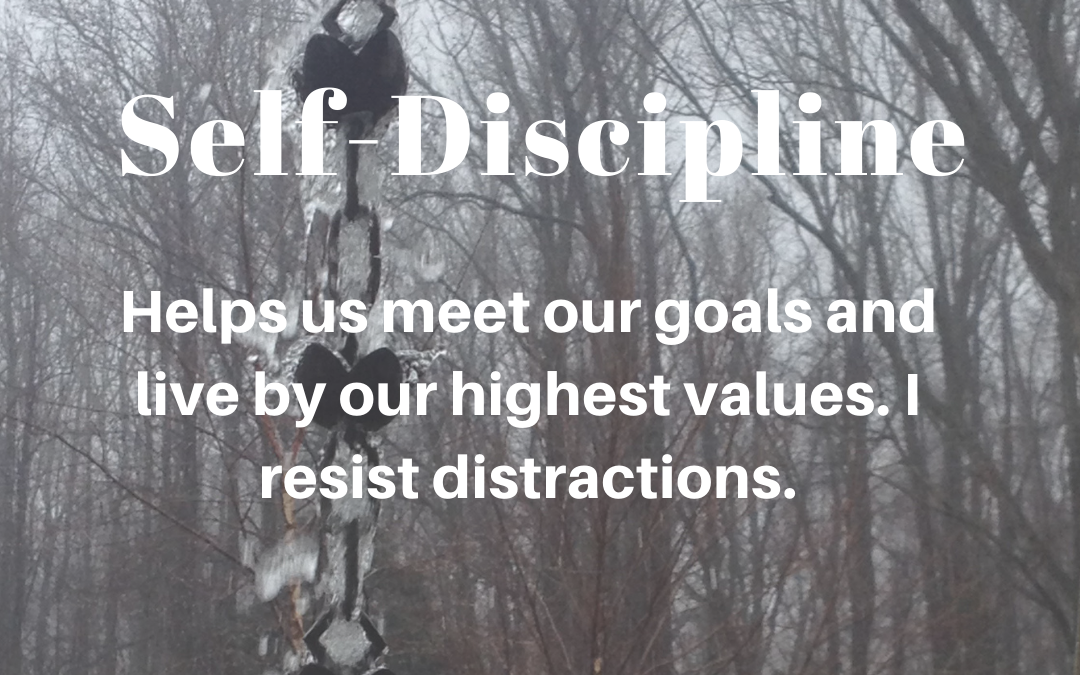3 Reasons Kids Seek Extra Validation& What To Do About It
When you have children, you’ll notice they seem to need a lot of validation. This can be considered part of the growing process. As they explore the world, it’s good to receive reassurance that they’re doing well and their efforts are seen. Occasionally though, you’ll find your children might go through periods where they seek more validation than normal. What’s with that?
Have They Been Getting Too Much Validation Lately?
Sometimes we get a little over-eager in our praise. While it’s natural to be excited about your child’s accomplishments, making a really big deal out of everyone can lead to unhealthy expectations. When this happens, the child will build up an expectation they need to be validated whenever they do anything.
How can you help? Try easing back a little. Choose your moments to give over-the-top praise carefully. The rest of the time? A hug or a quiet word of praise is sufficient.
Has Something Gone Wrong Recently?
If your child put a lot of effort into something and fell flat, they might be feeling a little uncertain right now. When this happens, they seek your praise as reassurance, hoping you’ll give them back whatever they lost in their failure.
How can you help? Talk to them about what happened. Let them know everyone sometimes fails and remind them what’s important is – they tried hard. Show them how they have already learned from the experience and talk about trying again.
What Have You Been Doing?
Kids will often seek attention when they feel like they don’t have yours. Is it possible you’ve been extra busy lately or spending too much time on your phone when the kids were around? You might not think so, but try to see yourself through their eyes.
How can you help? Instead of validation, what your child needs is for you to be there in the moment with them. You don’t necessarily need to go and arrange special time with your child. Instead, focus on giving your child more of your undivided attention. How about a no-phone rule at dinner or making a point of setting aside the tech when they’re talking to you, so they know you’re really listening?
While this list doesn’t begin to represent every instance your child might be seeking extra validation, it should at least give you some ideas about unraveling what’s going on when they do. The key to handling any situation is the same: dig a little deeper to understand why your child is feeling insecure and address this instead. You’ll both feel better about it.
Want to learn more about the difference between praise & encouragement? Get an enlarged version of this article with details on how to give the gift of encouragement vs the reward of praise. Your child will feel encouraged to believe in themselves and become self-motivated.







